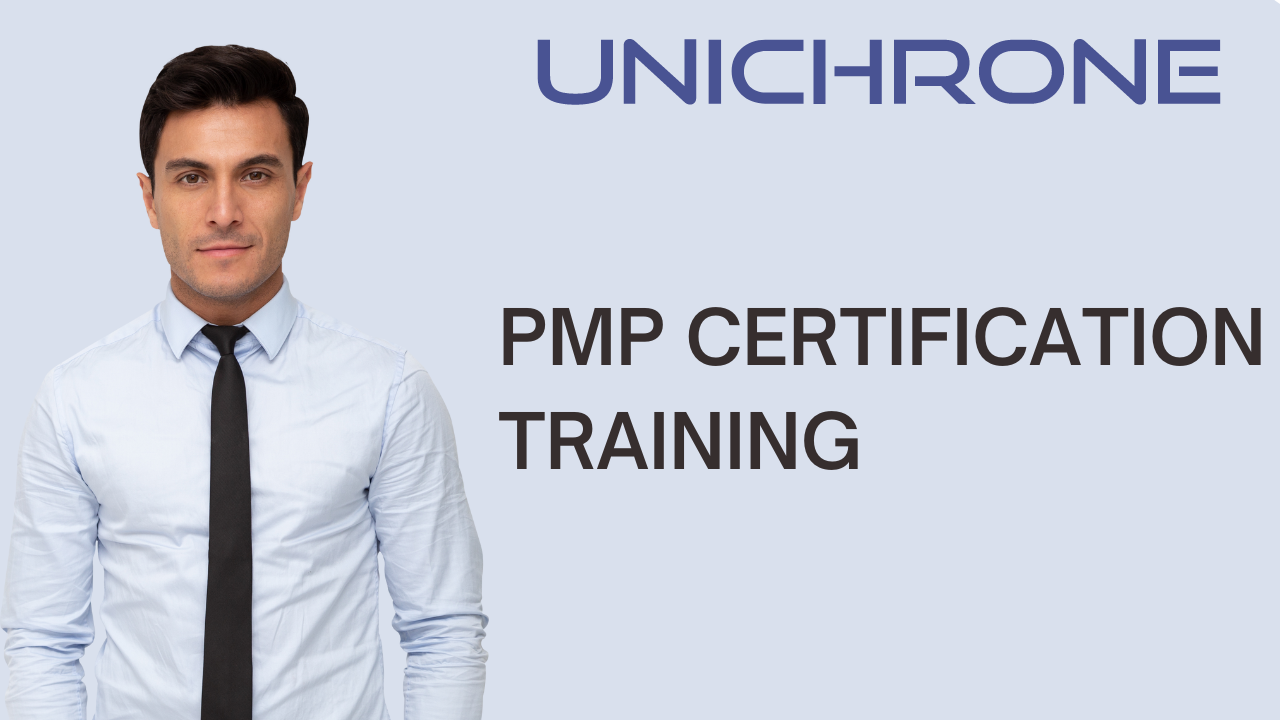Introduction
In today’s highly competitive job market, having a recognized certification can make all the difference when it comes to career advancement. One such certification that holds immense value and credibility is the Project Management Professional (PMP) certification. PMP certification is recognized globally and signifies a high level of expertise and competency in project management. If you are considering a career in project management or looking to enhance your existing skills, PMP certification training is the perfect avenue to pursue. In this comprehensive guide, we will explore everything you need to know about PMP certification training and how it can unlock new opportunities for professional growth.
What is PMP Certification Training?
PMP certification training is a structured program designed to equip professionals with the necessary knowledge and skills required to excel in project management. The training covers various aspects of project management, including initiating, planning, executing, monitoring, controlling, and closing projects. It provides participants with a deep understanding of project management best practices, industry-standard processes, and methodologies. By undergoing PMP certification training, professionals gain a solid foundation in project management principles and learn how to effectively manage projects of all sizes and complexities.
Why is PMP Certification Training Important?
PMP certification training holds significant importance for professionals aspiring to thrive in the field of project management. Here are some key reasons why PMP certification training is important:
- Industry Recognition: PMP certification is globally recognized and respected by employers across industries. It serves as a testament to your project management skills and enhances your professional credibility.
- Career Advancement: PMP certification opens doors to new career opportunities and helps you stand out among your peers. It demonstrates your commitment to professional growth and positions you for higher-level roles in project management.
- Expanded Skill Set: PMP certification training equips you with a comprehensive set of project management skills and tools. It enables you to effectively plan, execute, and deliver successful projects, ensuring optimal outcomes for your organization.
- Networking Opportunities: Through PMP certification training, you have the opportunity to connect with other project management professionals. Networking with like-minded individuals can lead to valuable collaborations and career connections.
How to Choose the Right PMP Certification Training Provider
Selecting the right PMP certification training provider is crucial for a successful learning experience. Consider the following factors when choosing a training provider:
- Accreditation: Ensure that the training provider is accredited by the Project Management Institute (PMI), the governing body for PMP certification. Accredited providers adhere to high-quality standards and deliver training aligned with PMI’s guidelines.
- Course Curriculum: Review the course curriculum to ensure it covers all the knowledge areas and processes outlined in the PMBOK (Project Management Body of Knowledge) Guide. A comprehensive curriculum ensures you gain a well-rounded understanding of project management principles.
- Instructor Qualifications: Verify the qualifications and experience of the instructors delivering the training. They should have extensive practical experience in project management and be PMP certified themselves.
- Flexibility: Consider the flexibility of training options provided by the provider. Look for options such as online self-paced courses or instructor-led virtual classrooms that suit your schedule and learning preferences.
- Reviews and Testimonials: Read reviews and testimonials from past participants to gauge the quality of training and overall satisfaction levels. Authentic feedback can help you make an informed decision.
PMP Certification Training FAQs
Here are some frequently asked questions about PMP certification training:
1. What are the eligibility criteria for PMP certification?
To be eligible for PMP certification, you need to meet the following criteria:
- A four-year degree (bachelor’s degree or global equivalent)
- 36 months of project management experience
- 35 hours of project management education/training or CAPM® certification
- OR
- A high school diploma or an associate’s degree (or global equivalent)
- 60 months of project management experience
- 35 hours of project management education/training or CAPM® certification
2. What is the format of the PMP certification exam?
The PMP certification exam consists of 180 multiple-choice questions, and you have four hours to complete it. The exam covers a wide range of project management topics and assesses your knowledge, application, and analysis skills.
3. How long does PMP certification training typically take?
The duration of PMP certification training varies depending on the provider and the format of the training. On average, it can range from 35 to 40 hours of learning.
4. Is PMP certification training only for experienced project managers?
No, PMP certification training is beneficial for both experienced project managers and those who are new to the field. The training provides a comprehensive understanding of project management principles, making it suitable for professionals at all levels.
5. Can I pursue PMP certification training online?
Yes, many reputable training providers offer online PMP certification training. Online training provides the flexibility to learn at your own pace and convenience, making it an ideal choice for busy professionals.
6. Is PMP certification training worth the investment?
Yes, PMP certification training is undoubtedly worth the investment. It not only enhances your project management skills but also significantly increases your earning potential and career prospects.
Conclusion
Obtaining PMP certification is a significant milestone in the career of any project management professional. The rigorous training and comprehensive knowledge gained through PMP certification training prepare you to tackle complex projects with confidence and finesse. By investing in PMP certification training, you position yourself as a competent and highly sought-after project manager in today’s competitive job market. So, take the leap, enroll in a reputable PMP certification training program, and unlock a world of professional opportunities.
